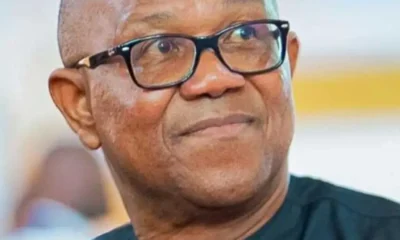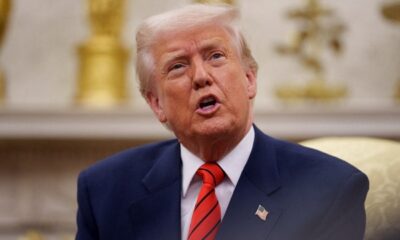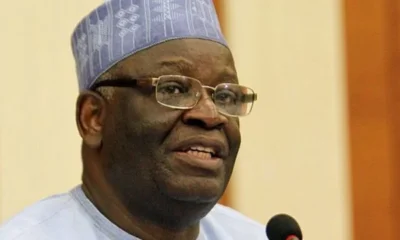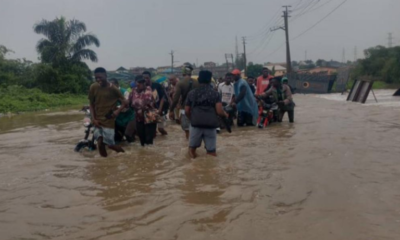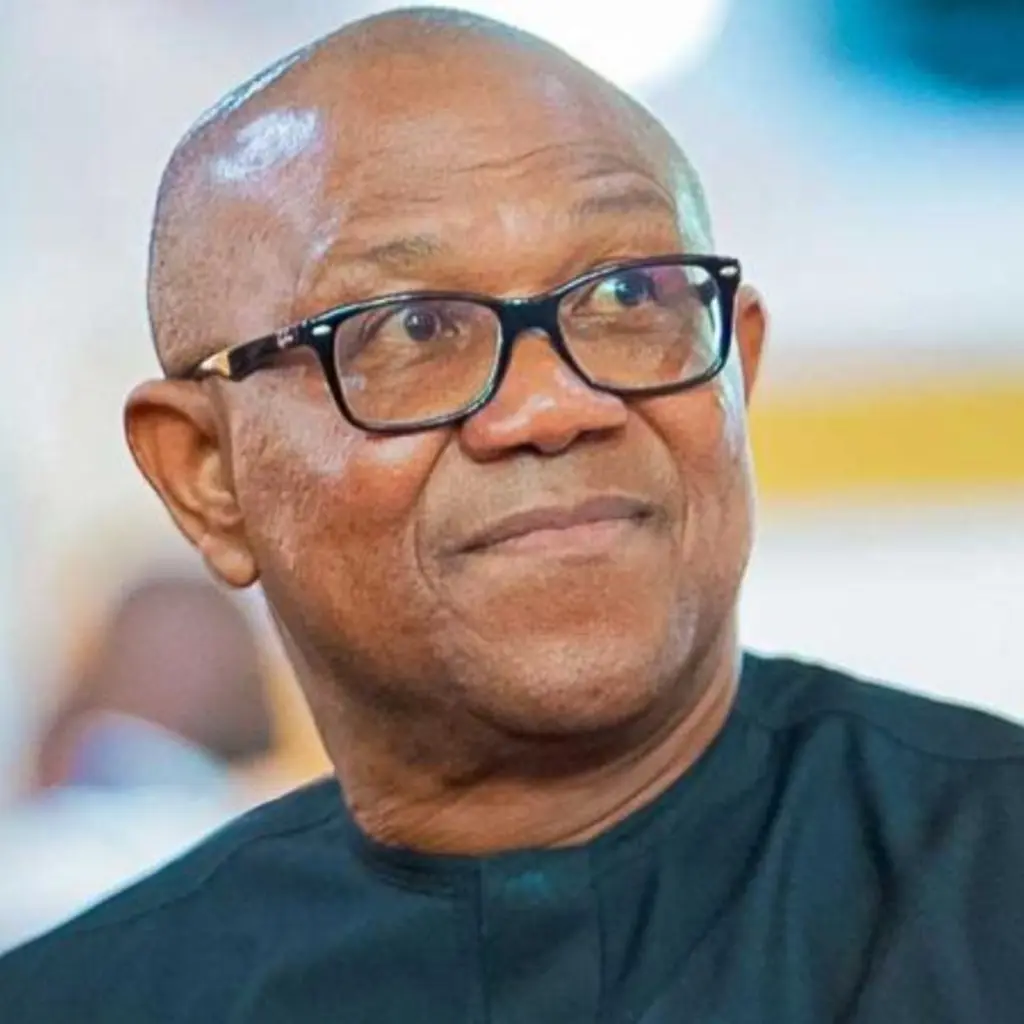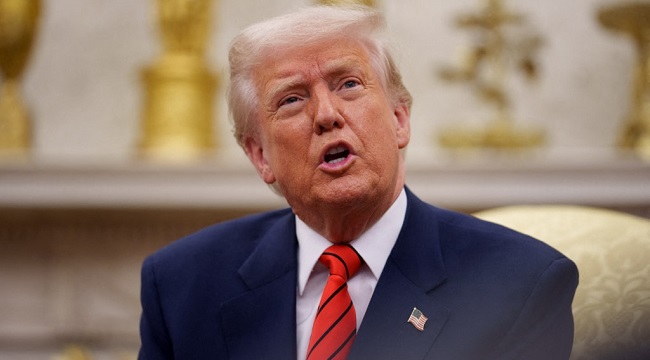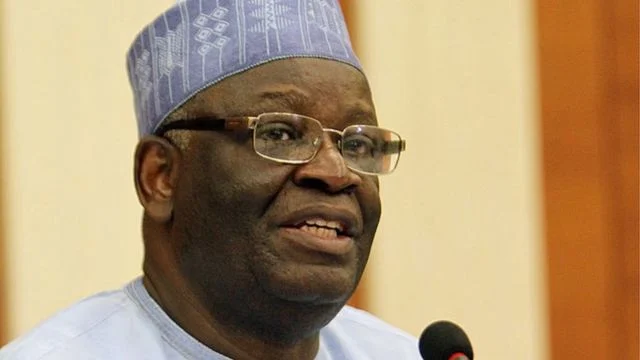The Nigeria Labour Congress (NLC) has vowed to ground the economy as it says the stage is set for a two-day nationwide warning strike in response to the severe economic hardships plaguing the nation on the aftermath of subsidy removal by the Federal Government.
This move has received widespread support from key stakeholders, including the banking sector, civil society organisations, and workers’ unions, as they unite to address the growing economic crisis in the country.
The National Union of Banks, Insurance and Financial Institutions Employees, the umbrella organisation representing workers in the banking and insurance industry, on Monday vowed to take part in the strike, effectively shutting down financial activities across Nigeria.
A statement signed by the General Secretary of NUBIFIE, Mr Mohammed Sheikh, underscored the importance of their participation in the two-day warning strike by the NLC, citing the need to draw the government’s attention to the dire economic situation faced by Nigerians.
The leadership of NUBIFIE has issued a notice that all banks will be shut down on Tuesday, 5 and Wednesday, 6 September 2023, in line with the NLC two-day strike directive.
“The directives are imperative to get the needed attention of the government and to warn it against interfering in the internal affairs of unions instead of addressing the punishing economic circumstances we find ourselves in,” the statement emphasised.
Speaking with The Punch, the Senior Deputy General Secretary of NUBIFIE, Mr. Aboderin Olusola, reiterated their commitment to the NLC’s cause, stressing the necessity of solidarity among industrial unions during these trying times.
Olusola said, “It was NLC’s directive to all the industrial unions and NUBIFIE didn’t have any option than to issue that circular to all our members and management of banks and insurance companies in Nigeria.”
Joining the chorus of concern, the United Action Front of Civil Society has thrown its full support behind the NLC’s two-day warning strike.
In a statement signed by the Head of the National Coordinating Centre for the United Action Front of Civil Society, Wale Okunniyi, the organisation expressed outrage over the hardship inflicted on Nigerians by the government’s decision to remove fuel subsidies and subsequently raise the price of premium motor spirit.
The Maritime Workers Union of Nigeria has backed the Nigerian Labour Congress to embark on the two-day warning strike.
This was contained in a letter on Monday titled, ‘Compliance to the Nigerian Labour Congress directive on a nationwide two-day warning strike’, signed by the Head of Media, MWUN, John Ikemefuna.
On Friday, the NLC in a communiqué jointly signed by its National President, Joe Ajaero and Secretary, Emmanuel Ugboaja, said it decided to embark on a two-day warning strike following what was described as the failure of the Tinubu-led Federal Government to dialogue and engage stakeholders within the organised labor on efforts to cushion the effects of fuel subsidy removal on Premium Motor Spirit, popularly known as petrol, on the “poor masses”.
The President General of MWUN, Adewale Adeyanju, directed all its affiliates to embark on the two-day nationwide strike.
He said, “This decision is due to the Federal Government’s refusal to engage and reach an agreement with the organized labor on critical issues of the consequences of the unfortunate hike in the price of petrol, which has unleashed massive suffering on Nigerian workers and the generality of the Nigerian citizens.”
“The MWUN as an affiliate of the NLC, is obliged to comply with the directive and has consequently instructed all our members in all ports, jetties, terminals, and oil and gas platforms nationwide to partake on the two days total shut down warning strike as directed by the NLC.”
State Chapters Join
Labour unions across the states of the federation are also gearing up for the showdown.
In Abia State, the state chapter of the NLC accused the state government of insensitivity to their plights, describing it as unacceptable.
This was even as it has called on all affiliate unions in the state not to ignore the national directive on the warning strike but should join forces with organised labour to tell the government that enough is enough.
Addressing journalists in Umuahia on Monday, the state chairman, Pascal Iheme Nweke, regretted that the state government failed to carry labour along in matter that concerns workers in the state.
According to the Abia NLC, the relationship between government and labour in the state is not cordial, pointing out that the state government forms committees concerning workers in the state without involving labour, noting that it is not unacceptable.
Similarly, organised labour in Kogi state has ordered its members to join the two- day warning strike as directed by the National Executive Council of the NLC.
In a news bulletin circulated in Lokoja on Monday at the end an emergency meeting to ratify the decision made by the NEC, and signed by the Chairman, Gabriel Amari, and the Secretary, Owoeye Oladipupo respectively, the union said Kogi State as part of the country was not immune to the prevailing national sentiments, taking into account the extensive hardships and deprivation afflicting our citizens.
It said, “The council scrutinised the Federal government’s failure to establish structure to address the widespread suffering in our nation.”
“Furthermore, it considered the government’s deliberate neglect and disregard for engaging with national stakeholders through the channels of social dialogue, a commitment it had solemnly declared during the president’s inaugural address on May 29, 2023.
NLC Shuns Federal Government
As the strike’s commencement nears, the Federal Government has issued an appeal, imploring organised labour to reconsider the planned nationwide two-day warning strike.
This appeal came as support for the strike grows among various unions and civil society allies, including the Academic Staff Union of Universities, Academic Staff Union of Polytechnics (ASUP), Non-Teaching Staff of Universities, and NUBIFIE.
The Minister of Labour and Employment, Simon Bako Lalong, emphasised that the government has already taken measures to mitigate the impact of the fuel subsidy removal, which is being implemented at all levels of government.
He stressed the importance of maintaining industrial harmony and preventing disruptions that could jeopardise the government’s ongoing efforts.
“In this context, it has become pertinent to appeal to the leadership of the Nigeria Labour Congress to suspend its intended two-day warning strike, as such action would be detrimental to the gains already being made in securing a better future for Nigerian workers and citizens at large,” Lalong pleaded.
Meanwhile, the national leadership of the NLC has shunned the last-minute reconciliatory meeting convened by the Minister, with the purpose of averting the two-day warning strike already declared by the labour centre.
According to The Punch, only the leadership of the Trade Union Congress by its President, Festus Osifo, showed up for the meeting slated for 3pm but started at exactly 5:32pm.
A member of the NLC national leadership told our correspondent that the decision of the NLC to boycott the meeting was because ongoing negotiations could stall a possible strike.
“The strike will still go on. If the leadership had attended the meeting, move to go on strike would have been stalled. It would have amounted to a form of negotiation.”
Nigerians Groan
The NLC’s call for a nationwide strike has clearly resonated with many Nigerians grappling with economic hardships.
The widespread support from unions, civil society, and the public underscores the mounting frustration with government policies perceived as worsening the plight of ordinary citizens.
In the coming days, all eyes will be on how this unfolding drama of protest and appeal unfolds on the streets and within the corridors of power, shaping the nation’s response to its ongoing economic turmoil.
Credit: The Punch

 BIG STORY4 days ago
BIG STORY4 days ago
 BIG STORY3 days ago
BIG STORY3 days ago
 BIG STORY4 days ago
BIG STORY4 days ago
 BIG STORY1 day ago
BIG STORY1 day ago
 BIG STORY4 days ago
BIG STORY4 days ago
 BIG STORY3 days ago
BIG STORY3 days ago
 BIG STORY3 days ago
BIG STORY3 days ago
 BIG STORY1 day ago
BIG STORY1 day ago







